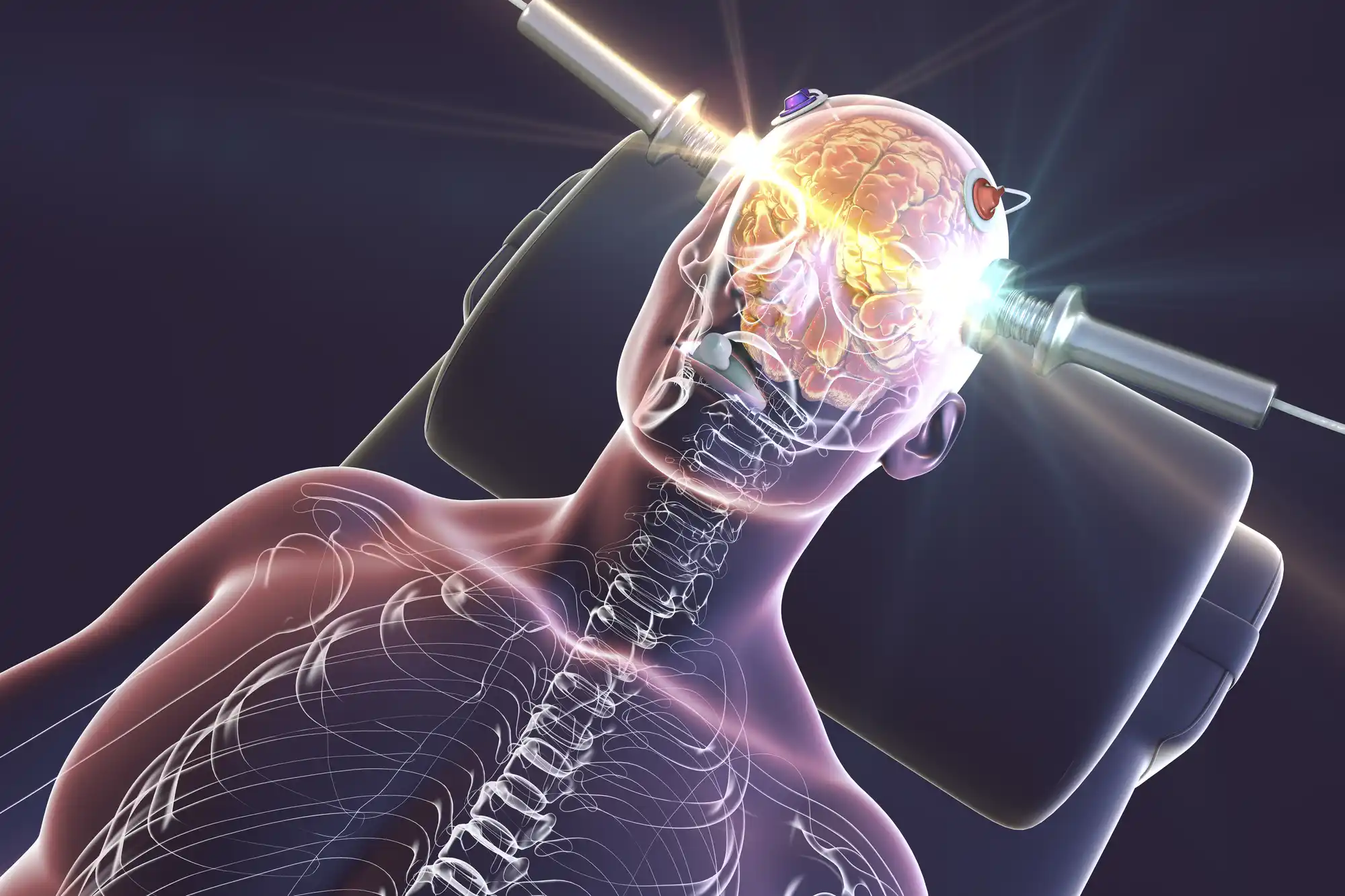Ketamine is a drug that has been around in the medical field for over 50 years. Originally used as an anesthetic, it has now been discovered as an effective treatment for depression. There are two main types of ketamine used for depression treatment: intravenous ketamine and intranasal esketamine. Both ketamine IV infusions and the esketamine nasal spray are available at various mental health clinics; at Bespoke Treatment, we offer both forms, as well as rapid dissolve tablets and intramuscular injections. In 2019, the FDA approved the nasal spray form under the brand name Spravato as a treatment for major depression, making it the first new medication to be approved for depression in decades.
Ketamine treatments are proving to be extremely promising as a depression therapy based on its results in both experimental and real-world clinical data. It is especially effective for individuals with treatment-resistant depression, or cases of depression that have been resistant to other medications and standard treatment forms. For this reason, the FDA approval process for esketamine was actually expedited to make it more widely available to the public. Studies show that as many as 70% of patients with treatment-resistant depression experience relief from intranasal esketamine.
Beyond that, ketamine has the unique ability to provide lasting relief, and individuals can see significant change in their symptoms almost immediately after the first dose. With a standard ketamine treatment course consisting of 6 infusions or treatment sessions, patients can experience relief for many months or longer. Typical antidepressants tend to promote dependency, because they stop working as soon as the individual stops taking them.
What Makes Ketamine Unique?
Ketamine is so different from antidepressants because it interacts with the brain in unique ways compared to other depression medication. Rather than your body reacting to the presence of the drug, ketamine can trigger reactions in your cortex immediately after it is taken. It actually allows your brain to regrow neural connections that have been lost, rather than just altering neurotransmitter activity.
Researchers at Yale report that ketamine works by triggering glutamate production, which prompts the brain to form neural pathways in a chemical chain of events. This increases neuroplasticity, or the adaptability of the brain, and allows individuals to develop new thought patterns and behaviors rather than just relieving symptoms. The altering of neural pathways is what gives ketamine its lasting effects, and may help individuals learn productive attitudes and develop resiliency to prevent the return of depression later on.
Gerard Sanacora, PhD, at Yale Medicine says that the most exciting part of the discovery is that it is one of the only depression treatment options to actually arise from neuroscience research as opposed to trial-and-error methods. Increasing evidence suggesting abnormalities in the glutamatergic system in individuals with depression led to the use of ketamine, so researchers already had an idea as to why ketamine might be effective.
It’s important for people to keep in mind that, as with all depression medications, ketamine is most effective as part of a comprehensive mental health treatment plan or IOP. Combining the drug with other treatment options and therapy is the best way to reach wellness. As ketamine helps individuals develop neural pathways, psychotherapies like CBT are extremely effective in helping the individual develop healthy and positive thought patterns that create life-long change.


















